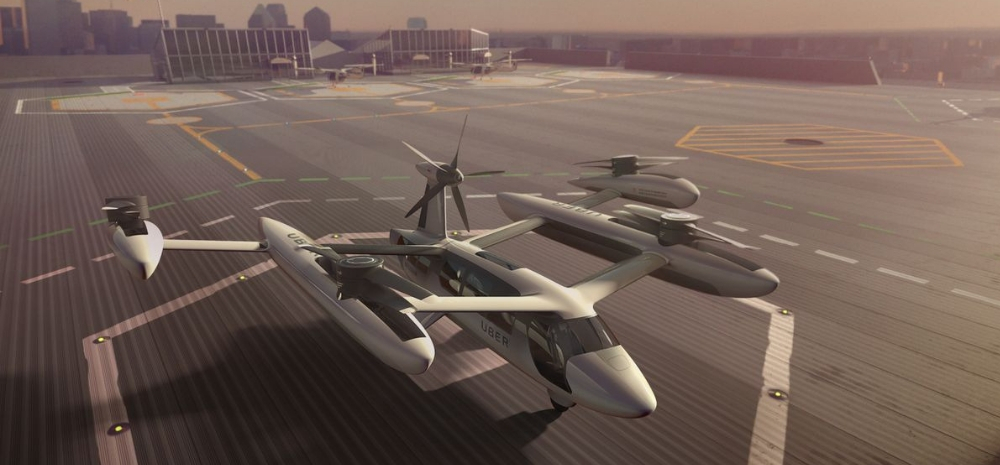Hyundai, General Motors Can Launch Flying Taxis By This Date: India Launch Possible?

Hyundai Motor and General Motors are both serious about developing flying cars.
While Hyundai anticipates that their air taxi service will be operational in 2025, General Motors has stated that it will take another nine years.
“Hyundai is ahead of the schedule for air mobility vehicle launches,” Hyundai’s global chief operating officer, Jose Munoz, said in an interview broadcast on Monday at the Reuters Events Car of the Future conference.
Urban Air Taxis
It is assumed that urban air taxis would operate at major US airports in 2028. Munoz, who is also CEO of Hyundai North America, believes it would rather possibly operate before 2028.
“We see this market as a significant growth opportunity,” Munoz said, adding that he was “very confident” in the development of the technology.
Hyundai is developing an electric battery-powered air taxi that can transport five to six people from the heavily congested city centre to the airport.
Toyota, Daimler AG, and Geely Automobile Holdings are among the other automakers working on flying cars, either alone or in collaboration with start-ups.
Total Addressable Market For Urban Air
Hyundai has a dedicated Urban Air Mobility Division led by Jaiwon Shin, a former NASA engineer. The Korean carmaker has already pledged to invest about $1.5 billion in urban air mobility by 2025.
During the CES 2021 event in January, General Motors displayed a futuristic flying Cadillac, a self-driving vehicle that takes off and lands vertically and carries the passenger above the streets and through the air.
“I think there’s a long way to go here,” said Pamela Fletcher, vice president of GM’s Global Innovation team, at the Reuters event. “2030 is probably a real commercial turning point.”
“This is a very new space. There is a lot of work to be done on the regulatory side, as well as the actual technology side.”

Comments are closed, but trackbacks and pingbacks are open.